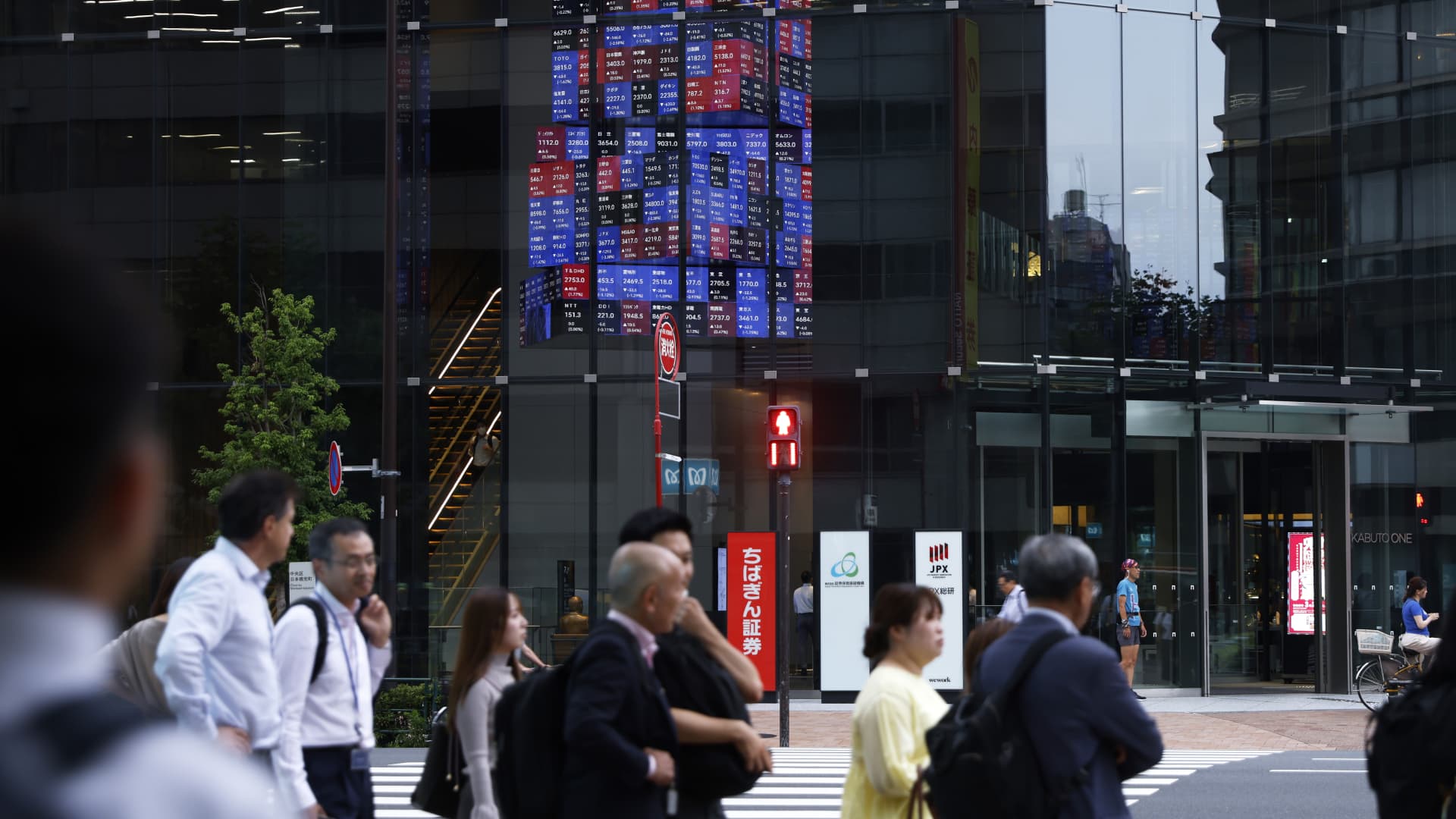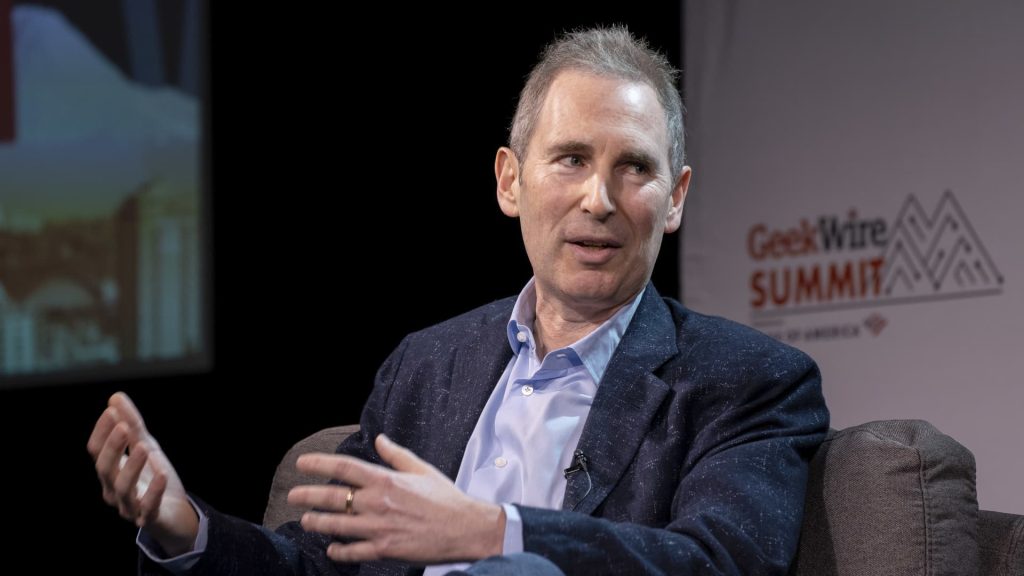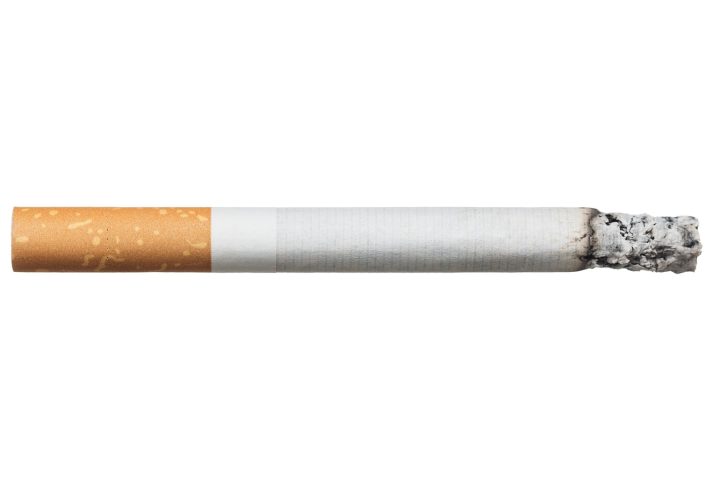Japan’s Nikkei 225 nosedived 5% on its open, with most Asia-Pacific markets lower after a sell-off on Wall Street overnight.
The Nikkei extended its 2.62% slide on Thursday to lead losses in the region and reach its lowest level since February. The Topix also plunged more than 5%.
Some heavyweight names that are seeing losses include Softbank Group, which tumbled 6.7%. Trading houses Mitsui and Marubeni saw losses of over 9% and 7%, respectively.
Japanese government bonds yields fell, with the yield on the benchmark 10-year JGB falling below the 1% mark to hit its lowest level since June.
South Korea’s Kospi tumbled 2.31%, while the small-cap Kosdaq plunged 2.32%.
Australia’s S&P/ASX 200 was also 2.07% down, retreating from its all-time high achieved on Thursday.
Hong Kong’s Hang Seng index futures were at 17,047, lower than the HSI’s last close of 17,304.96.
Separately, South Korea’s inflation numbers for July came in slightly higher than expected, with the country’s consumer price index climbing 2.6% year on year, compared to the 2.5% expected by economists polled by Reuters.
The gloomy sentiment in Asia markets comes after a sell-off on Wall Street in Thursday’s trading session, which saw all three major U.S. indexes plunge on recession fears.
The Dow Jones Industrial Average dropped 1.21%, while the S&P 500 shed 1.37% and the tech heavy Nasdaq Composite slipped 2.3%.
The Russell 2000 index, the small-cap benchmark that has rallied lately, dropped 3%.
In the U.S., fresh data stoked fears over a possible recession and apprehensions that the Federal Reserve could be too late in cutting interest rates.
Initial jobless claims rose the most since August 2023. The ISM manufacturing index, a barometer of factory activity in the U.S., came in at 46.8%, worse than expected and signaling economic contraction.
After these data, the 10-year Treasury yield dropped below 4% for the first time since February.
—CNBC’s Pia Singh and Samantha Subin contributed to this report.
Read the full article here







